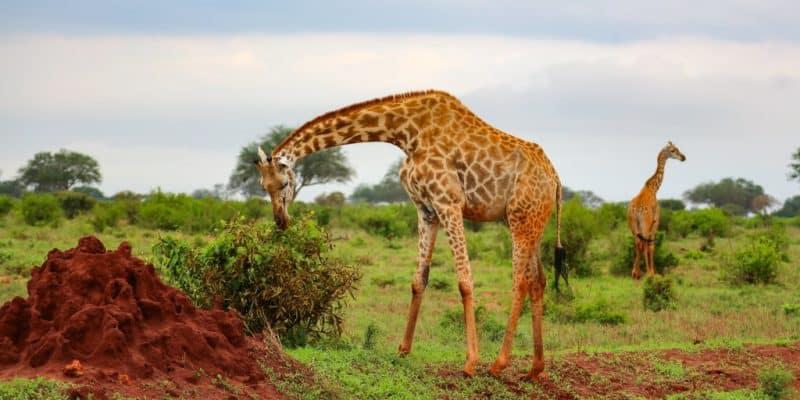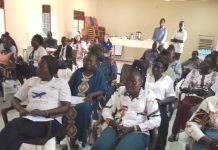Sheila Ponnie
Africa-Press – South-Sudan. The national legislators on Monday adopted and passed the Wildlife, Conservation, Tourism, Legislation, and Justice on Tourism Policy 2023 aimed at spurring economic growth.
The Deputy Chairperson of the Standing Specialized Committee on Wildlife Conservation and Tourism, Maj. Gen. Tongun Lodu, said the policy intends to make tourism the main sector with a high contribution to the gross domestic product and the mechanism for the country’s economic growth.
“Public sector tends to provide a well-regulated and enabling business environment for the development of tourism, and also to promote ecotourism that has a limited environmental impact which provides incentives for sustainable use of natural resources,” he said.
The tourism policy is divided into two basic chapters, with the first being on focusing on tourism management and the second on wildlife-based tourism in terms of flora and fauna.
Chapter one of the tourism policy states that, “tourism and environmental conservation is essential for the sustainable environment of the tourism industry with positive, social and environmental impact.”
The second part includes “regional and international cooperation where the government shall establish and maintain formal, regional and international ties and conservations conventions and appropriate harmonization of international standards and processes related to the tourism sectors as well as the culture and tourism that shall be culturally appropriate to promote cultural heritage, historical and traditions of South Sudanese people.”
“Cultural impacts of tourism will be carefully monitored and safeguards to avoid negative impacts,” Lodu said.
He highlighted that the policy planning will bring tourism development that shall be based on a tourism master plan and contribute to the conservation of natural resources.
Lodu said it will be developed into detailed strategies for developing tourism destinations and circuits, marketing, public, and private partnerships.
He further noted that it will involve stakeholders at the community, state and national levels.
The committee stated that chapter two contains wildlife tourism, especially wildlife conservation which is vital to the sustainability of the tourism industry.
The joint committee stressed that the law of security effectiveness for both people and wildlife is essential for the successful restoration and management of wildlife in the country.
Lodu said the protected areas should be restored to conserve effectively habitats, species and environmental services for the wildlife-based tourism industry.
“Wildlife law enforcement are significant effort at all levels and are urgently needed to combat poaching and secure vulnerable wildlife population for the future benefit of the country.”
Also, he argued that financing of the wildlife sector is vital, affirming that wildlife sector requires adequate and sustainable financing for effective management.
Caguor Manyang, who represents Warrap State, said there is a need to protect the environment because it brings revenue to the country.
“We support this institution, [it] has been underfunded ever since and that is why it is not developing, so we need to see to it that a good amount of budget is put into the Ministry of Wildlife so that they work successfully,” Manyang said.
Another lawmaker Sophia Pal Gai, from Upper State, Nasir County, said the only way to support the Ministry of Wildlife was by encouraging the Ministry of Finance to pass and give the ministry resources needed.
For More News And Analysis About South-Sudan Follow Africa-Press






